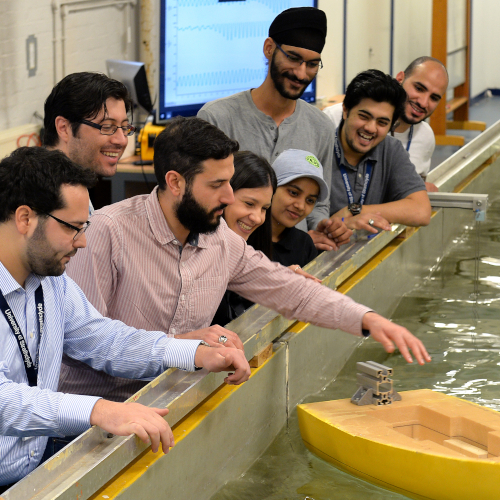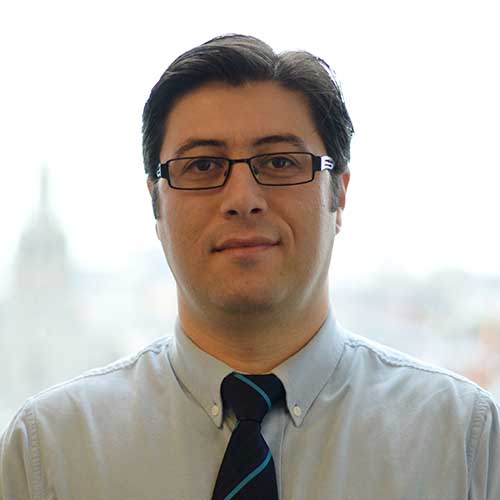
Naval Architecture, Ocean & Marine EngineeringBritish Council Early Career Fellowships 2025
Early Career Fellowships Programme
The International Science Partnerships Fund is designed to enable potential and foster prosperity. It puts research and innovation at the heart of our international relationships, supporting UK researchers and innovators to work with peers around the world on the major themes of our time: planet, health, tech, and talent. The fund is managed by the Department for Science, Innovation and Technology and delivered by a consortium of the UK’s leading research and innovation bodies, which include UK Research and Innovation (comprising the seven research councils, Innovate UK and Research England), the UK Academies, the British Council, the Met Office, the National Physical Laboratory, the UK Atomic Energy Authority, and Universities UK International.
The University of Strathclyde is inviting applications for the British Council Early Career Fellowships, aimed at Indonesian early career researchers working in maritime decarbonisation, sustainability, and clean energy.
This prestigious fellowship will allow three researchers to spend 12 months at the University of Strathclyde, the UK’s leading institution for Marine and Ocean Engineering (Shanghai Rankings #1), gaining access to cutting-edge research facilities, industry networks, and career development opportunities.
This programme is designed to support researchers in overcoming challenges in research capacity, methods, and industry engagement while enabling them to become future leaders in Indonesia’s maritime decarbonisation efforts.

The British Council Early Career Fellowship at the University of Strathclyde is a fully funded 12-month research opportunity for early career researchers from Indonesia. This programme focuses on maritime decarbonisation and sustainability, with a specific focus on human factors, offering world-class training, research facilities, and industry connections to help fellows develop their careers and contribute to Indonesia’s maritime sector.
- 3 postdoctoral researchers will be selected for this fellowship.
- Open to early career researchers.*
- Candidates must be affiliated with an Indonesian university or research institution.
- Research areas must align with maritime sustainability, human factors, decarbonisation, or clean energy.
- Fellows should demonstrate a strong commitment to research and industry engagement.
- Must be fluent in English (IELTS may be required for visa purposes).
- Work at the UK’s top-ranked university for Marine & Ocean Engineering (Shanghai Rankings #1).
- Access state-of-the-art research facilities (Kelvin Hydrodynamics Lab, AFRC, PNDC).
- Industry networking opportunities include Scottish Maritime Cluster, IMarEST, and RINA.
- One-on-one mentorship during your stay at Strathclyde.
- The opportunity to present your research at a dedicated RINA industry event.
- Receive career development training in research funding, leadership, and publishing.
- Conduct independent and collaborative research in maritime decarbonisation and human factors.
- Engage with industry leaders through short placements and networking events.
- Work closely with renowned academics at the Maritime Human Factors Centre (MHFC) and NAOME.
- Develop journal publications and present research at international conferences.
- Contribute to real-world industry challenges, helping Indonesia’s maritime sector transition to clean energy solutions.
- Full funding for 12 months in Glasgow, UK.
- Monthly stipend to cover living expenses.
- Research funding & travel grants for conference participation.
- Visa & relocation support for fellows moving to the UK.
About the University of Strathclyde
The University of Strathclyde is a world leader in maritime research, hosting globally recognised research centres such as the Maritime Human Factors Centre.
- A world-leading institution located in Glasgow, Scotland.
- #1 in the UK for Marine & Ocean Engineering (Shanghai Rankings).
- Ranked among the top research-intensive universities in the UK.
- Home to cutting-edge research centres, industry partnerships, and innovation hubs.
- Strong emphasis on impact-driven research, sustainability, and collaboration with global institutions. Our partnerships with academia, industry, and policymakers ensure that our research has real-world impact.
The Department of Naval Architecture Ocean and Marine Engineering (NAOME) is a globally recognised leader in maritime and marine engineering research. NAOME’s Core research areas include:
- Sustainable and green shipping technologies
- Decarbonisation and alternative fuels
- Human factors, safety, and risk analysis
- Smart and autonomous shipping
NAOME is home to globally renowned academics and leading experts with strong industry collaborations.
Maritime Human Factors Centre
Fellows will join MHFC, a leading Institution for Human-Centric Maritime Research, which hosts state-of-the-art facilities & simulation technologies.
Focus Areas:
- Human factors & safety in maritime decarbonisation.
- Human Factors in Autonomous ship operations
- Human Factors in clean energy transitions.
- Human-centred design for ship systems.
- Human Reliability Assessment (HRA).
- Accident Investigation and Taxonomies.
- Artificial Intelligence/Machine Learning.
- Human in the Loop Simulations.
- Risk and Safety Assessment.
- Safety Climate and Safety Culture.
- Circular Economy.
Key academics involved in the programme
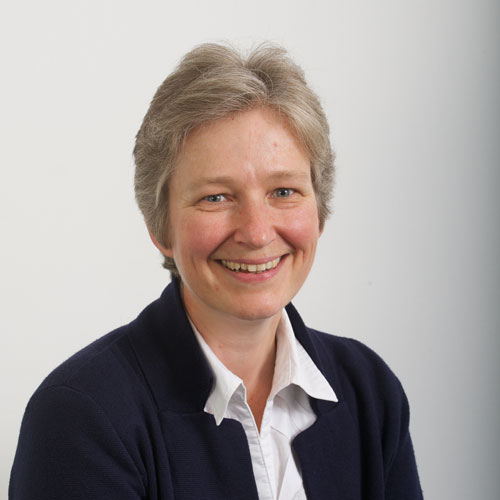
Professor Julia Race
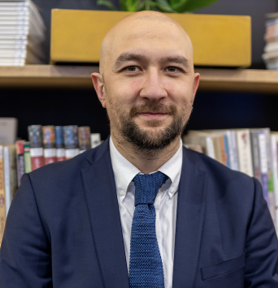
Dr Sefer Anil Gunbeyaz
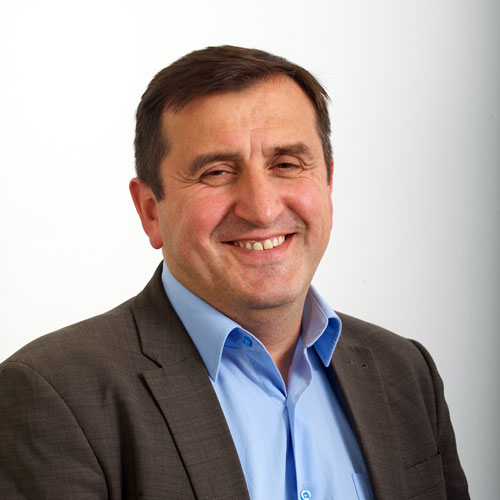
Professor Osman Turan
Research areas of fellowship
Human Factors in Decarbonisation: Successful maritime decarbonisation depends on human adaptation to new technologies. Research in this area focuses on designing human-centred systems, operational safety, and training frameworks to ensure a smooth and effective shift toward low-carbon maritime operations.
Alternative Fuels in Maritime: The shift to hydrogen, ammonia, and methanol requires crews to handle it safely and efficiently. Research focuses on fuel performance, operational training, and human-centred risk management for alternative fuel adoption.
Maritime Resilience & Safety: Decarbonisation introduces new risks, requiring safe, resilient maritime systems. This research examines risk assessment, regulations, and adaptation to low-carbon operations.
Artificial Intelligence: AI enhances energy efficiency, emissions monitoring, and automation in shipping. Research explores the potential of AI to support greener ship operations.
Port & Shipyard Decarbonisation: Green ports and shipyards are vital for net-zero shipping. This research explores approaches that enable greener port and yard operations, including those human-led operations.
Eligibility & selection of fellows
The following guidelines will be considered for the selection of fellows. Fellows must:
- Be a permanent resident of Indonesia
- Be an Early Career Researcher2 and have a letter of acceptance from the hosting lab or department.
- Not currently in receipt of financial support or funding towards any other programme in the UK from any other sources.
- Meet the English language requirement of the UK HEI (Higher Education Institutions) if applicable.
- Have a background or a proven interest in the proposed research area. Indicate their preference for research areas and institutions in the case of applying to multiple institutions. Be willing to demonstrate future contribution to capacity-building and socio-economic advancement through the benefits achieved after completing the fellowship programme.
- Agree to maintain contact with the British Council for purposes of monitoring and evaluation during and after their fellowship.
- Demonstrate a plan and a passion to engage other early career researchers from their home country.
- Employees of the British Council, the UK government or Scottish, Welsh, or Northern Irish governments are not eligible to apply for this programme.

2
Early Career Researchers (ECRs) have completed or are close to completion of their PhD, potentially waiting for their final viva voce examination, which must be passed prior to taking up the award. ECRs will not have held a permanent academic post or a permanent post with a research-related element, or one which allowed them to supervise PhD students or submit research grants as a principal investigator. Time spent in teaching-only roles or academic related roles does not affect ECR status, provided no research element was part of the role. If a researcher does not hold a PhD but has research experience equivalent to a PhD holder and works in a field where a PhD is not a prerequisite for established research activity, they can still be considered eligible. Participants from for-profit organisations cannot be funded. As we move toward greater inclusivity for ECRs from a wide range of backgrounds, we are no longer counting years spent in a specific career stage. Career breaks and alternative trajectories to an early academic career are all considered outside the definition of career stage.
How to apply
- Complete the online application form
- Submit a research proposal (max 2 pages) detailing how your work aligns with human factors and maritime decarbonisation. Please review the research areas defined and explain how the fellowship will benefit your career.
- Provide a CV and letter of support from your home institution.
- Include any relevant publications and/or previous research experience.
Deadline for applications: 15th of May 2025
For further information, please contact Dr Rafet Emek Kurt rafet.kurt@strath.ac.uk
Join us
Strathclyde is home to the UK’s most advanced maritime research facilities. The Department of Naval Architecture Ocean and Marine Engineering conducts cutting-edge research and has strong links with industry & global shipping networks. Therefore, join us to become a member of a globally recognised leader in maritime research.
- Be part of a world-leading research programme shaping the future of maritime decarbonisation.
- Benefit from the University of Strathclyde’s supportive environment for postdoctoral researchers.
Applications will be opened in February and will close on the 15th of May 2025
Contact: Dr Rafet Emek Kurt (rafet.kurt@strath.ac.uk)
